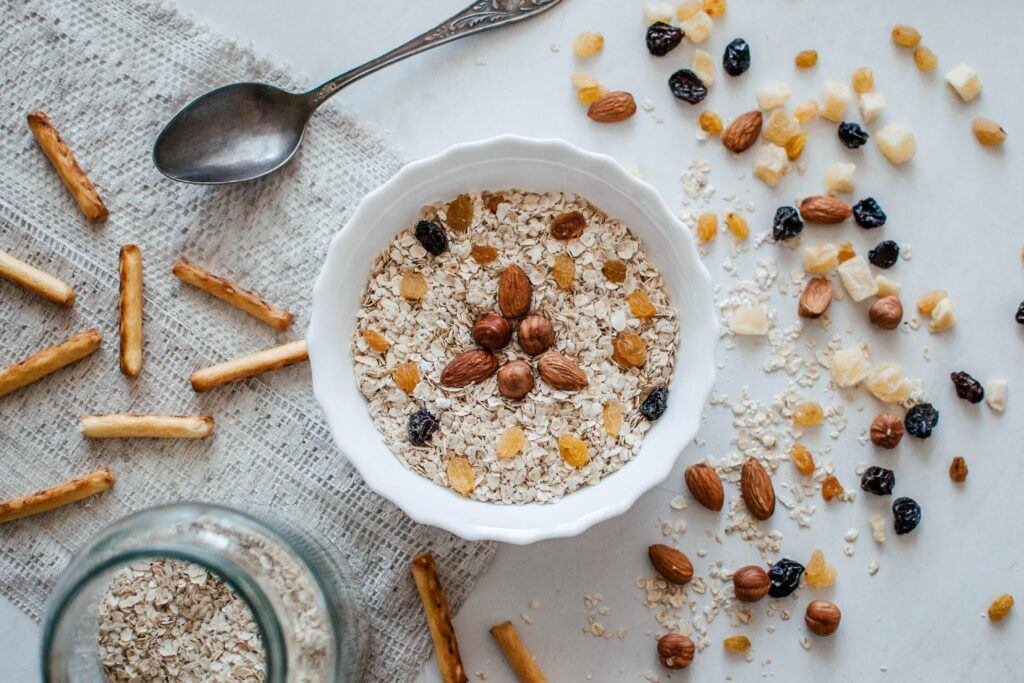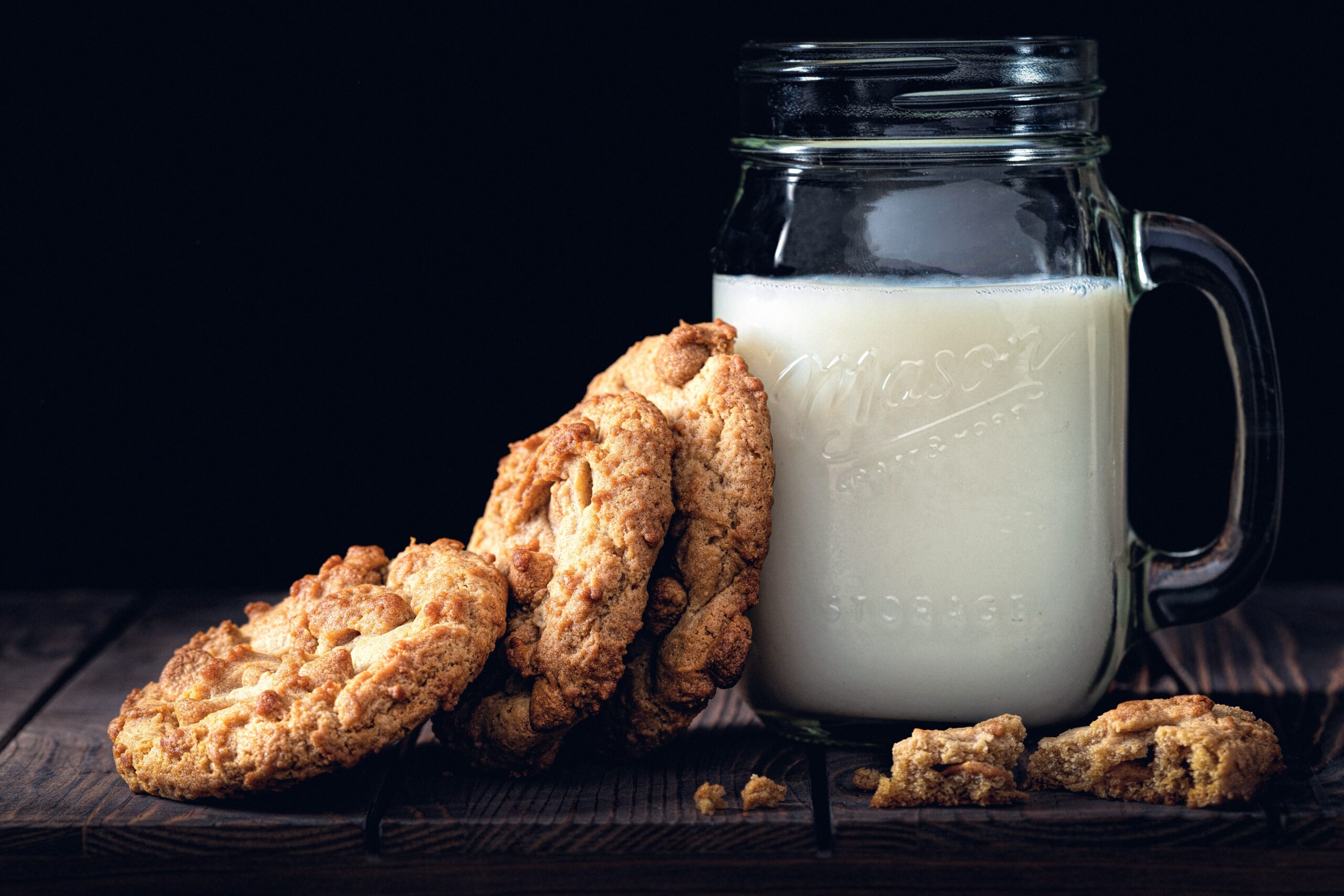Everyone needs to eat well, but New Mothers need to eat even more carefully. They are still recuperating from the trauma of childbirth, labor, and delivery. Don’t go on a diet. Avoid fad diets and calorie counting if you want to lose weight. And focus more on getting enough of the excellent food and limiting the garbage. A healthy diet is essential for your well-being. Here are some tips to utilize to ensure that they get the nourishment they need to keep their babies healthy.
However, the majority of those calories should come from whole food sources rather than processed foods. Shop for nutritious foods. Your pantry and fridge should be packed with nutritious goods. There is an increased likelihood that you’ll be eating by your goals.
Aim to eat meals that are high in nutrients, such as:
Unprocessed grains Lean proteins and meats. Fruits and veggies have just come from the field (the darker the color, the more nutrients it likely has). Low-fat cheese (unless your doctor recommends full-fat dairy for you). In addition, a wide variety of nuts and beans are available.
Be mindful of portion sizes. Whole, fresh fruit, nuts, fresh veggies, cottage cheese, and whole-grain crackers are good options for nutritious snacking. To save time, plan and prepare in bulk. Avoiding convenience meals can be made easier with this method. Plan ahead of time what healthy things to buy and follow that list when you go grocery shopping.
If at all possible, go shopping when you’re hungry. The items contain more than five ingredients that can be identified by reading the labels. Water is essential.

Breastfeeding women should eat a nutritious diet:
Inquiries from breastfeeding mothers or women who are pumping breast milk frequently inquire about unique dietary requirements. The answer is almost always no. For women, a well-balanced diet and adequate hydration are essential.
Even though losing the weight you gained while pregnant may be a top priority for you, not suggested are rigorous weight-loss regimens. when it comes to breastfeeding, especially in the first few months. The New Mothers don’t have to adhere to any unique dietary requirements.
While nursing, the following tips may help you stay on track:
Ensure that you drink a sufficient amount of water. When breastfeeding, most women report feeling thirstier. Drink plenty of fluids such as water, juice, and milk to keep your body hydrated.
Caffeine-free liquids can be found in various forms, but you should restrict your consumption of them. You don’t need to push yourself to drink more than you’re thirsty. It’s a good idea to stay hydrated at all times, even if you don’t feel particularly thirsty. Grab a drink or keep a glass of water nearby when you’re breastfeeding your child.

Eat a wide range of foods, and make sure you’re getting enough calories in:
The amount of food you eat is usually determined by your hunger. During the first few months of breastfeeding for New Mothers tend to eat more frequently. Don’t forget to pay attention to your hunger pains as well. This process of making breast milk for your child.
While you’re breastfeeding, grab a one-handed snack Wrapped snacks can also be kept close to your preferred breastfeeding area. Maintaining a healthy diet requires you to consume a wide variety of foods.
While nursing, experts recommend that you consume at least calories each day. With above being your ideal calorie intake. Your doctor’s advice before becoming pregnant. There are about calories in one serving of peanut butter and jelly sandwich and one ounce of milk.
The most nutrient-dense foods are those in the following groups:
Meat Beans are a diverse selection of fruits and vegetables (especially leafy green vegetables). Or juice made entirely of fruits (not fruit drinks). Bread, cereals, and grains.

Three types of dairy products:
Breastfeeding mothers should be aware of additional nutritional issues. Foods that are spicy or gassy. Many civilizations eat spicy or gas-inducing meals regularly. Most babies don’t have a problem with these types of foods. When New Mothers eat specific foods, some newborns may have gas or colic.
But there is no single meal or food group that causes all babies to have issues with their health. After six hours, unless you see a specific meal causing an immediate reaction in your kid, you should not eat that food. Avoiding certain foods is unnecessary. Foods that don’t include meat or animal products.
A vegetarian diet has been a staple of many societies for millennia. For the most part, vegetarian mothers’ breast milk has the same nutritional value as other mothers’ milk. You’ll need to eat a diet rich in complete proteins while you’re breastfeeding. So consume a wide range of foods.
A large number of vegetarians, including some Lacto-ovo vegetarians (who eat eggs and dairy products), It may be necessary to supplement vitamin D, iron, and calcium while nursing. Women who follow macrobiotic or vegan diets may have vitamin B12 deficiency in their milk.
It supplements may be necessary for these to ensure that their breast milk has enough vitamins. Coffee, tea, or sodas are all acceptable options. They are caffeinated beverages may cause your infant to become agitated or cranky. As a result, they may have a hard time falling asleep.
Is consumed in large quantities or consumed fast. When nursing, limit your intake of caffeine-containing beverages. Its consumption should be limited to two eight-ounce servings per day if you can’t give it altogether.

Alcohol:
While nursing or pumping for milk, it is advised to avoid drinking alcoholic beverages. Your baby’s health can be negatively impacted by the consumption of alcohol. Pumping and discarding milk may be necessary if you take a sip of alcohol while nursing.
Cigarette smoking/tobacco consumption:
When nursing or pumping, it is advisable to avoid smoking. Tobacco use and the consumption of nicotine and its byproducts. A baby’s heart rate may speed up, and they may get restless, vomit, or have diarrhea as a result. Tobacco usage, in addition to potentially harming the fetus. It has the potential to lower your milk production by interfering with milk let-down for New Mothers.

Leave a Reply